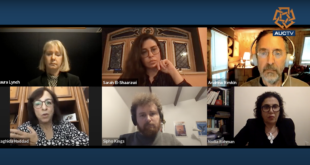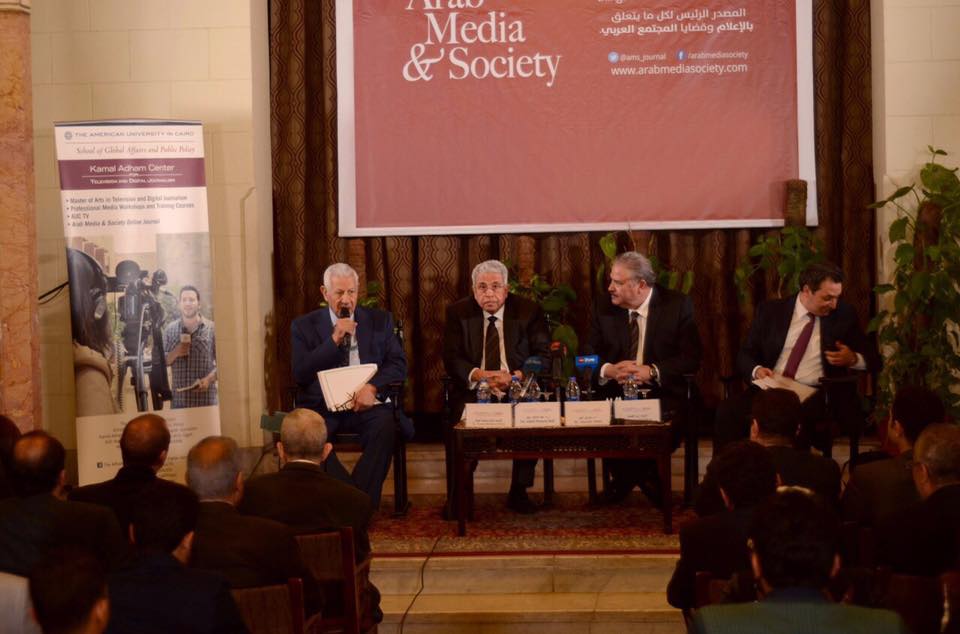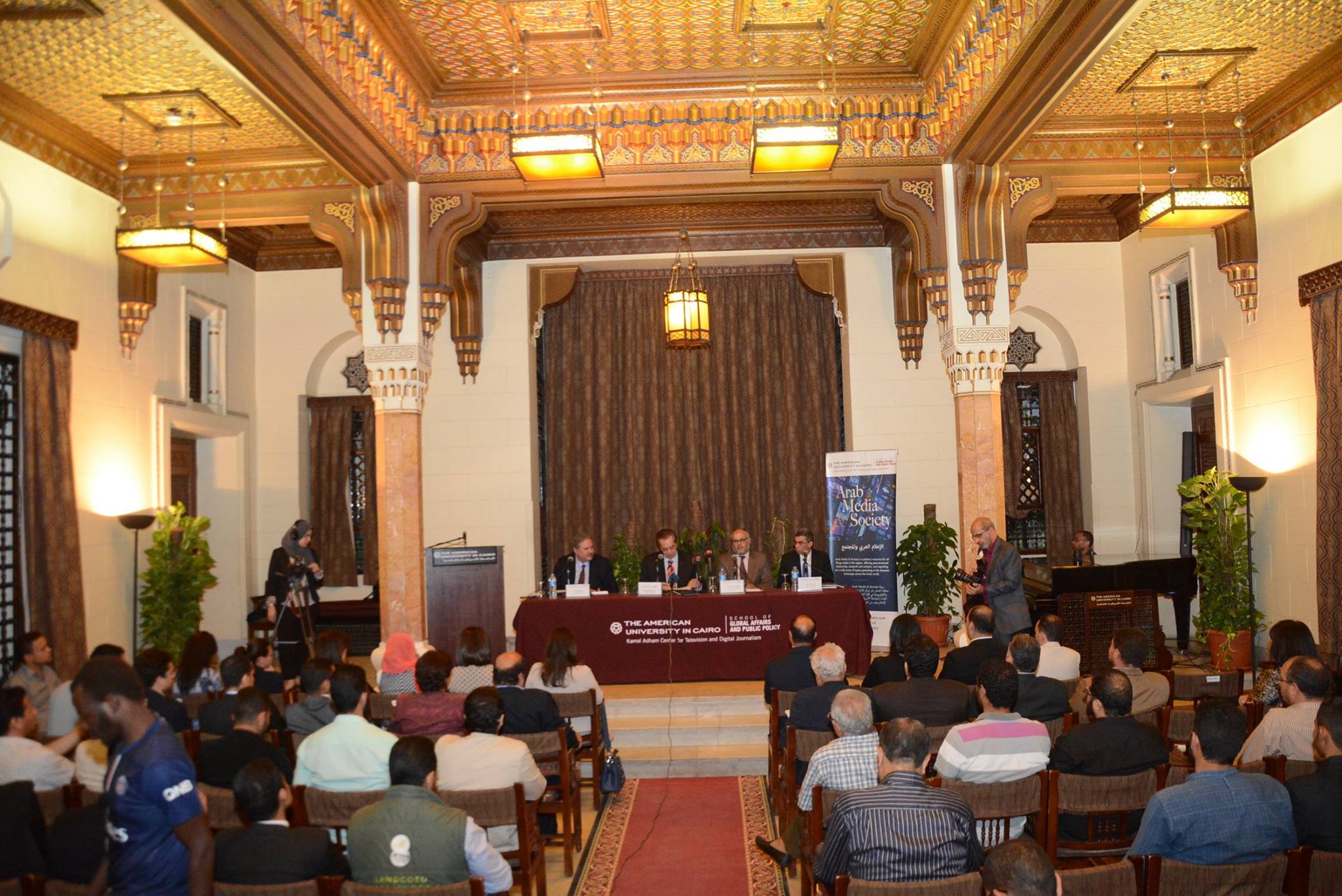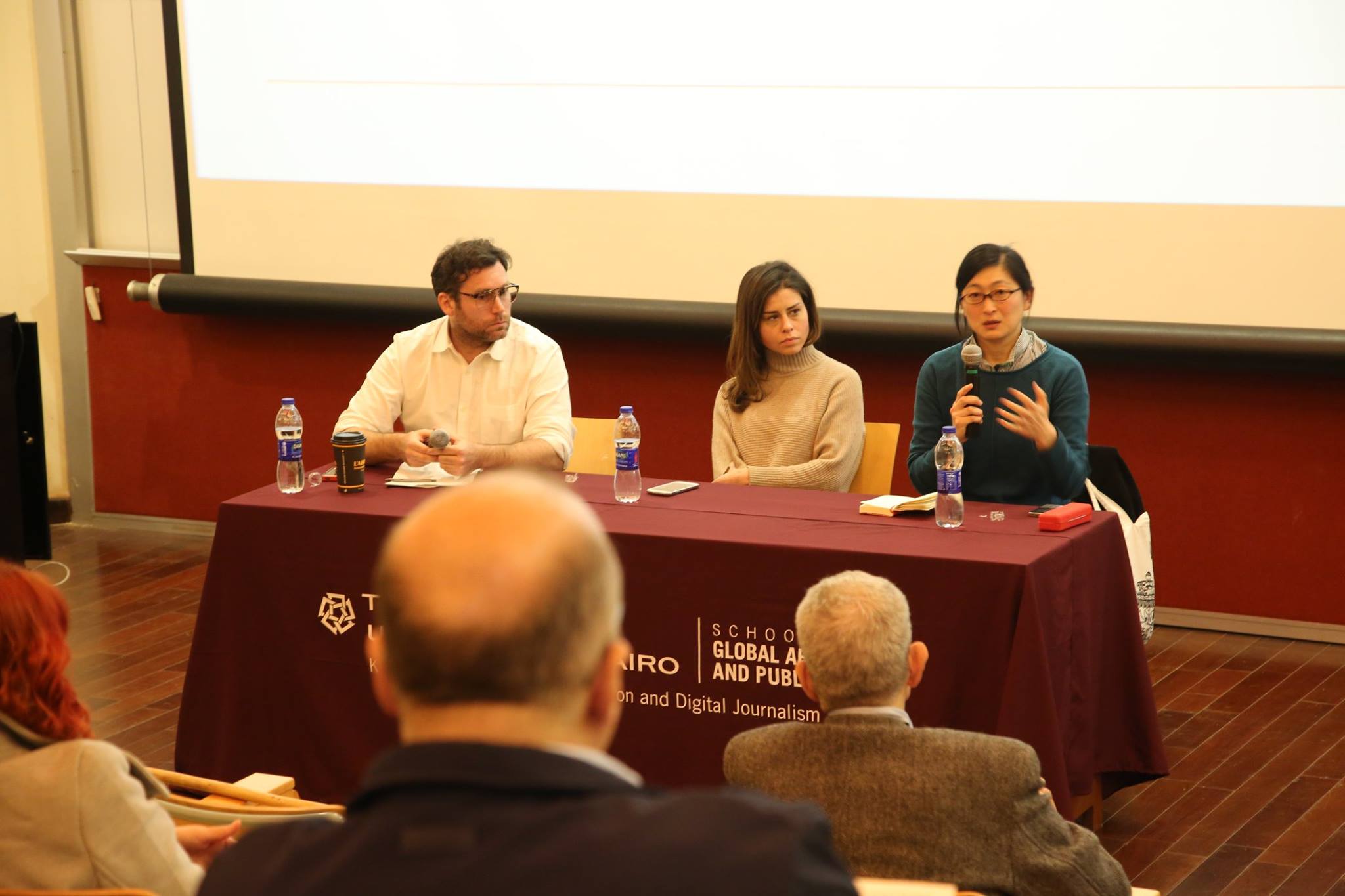MUMBAI: The FICCI-FRAMES (Films Radio Audio-Visual Music) 2002 Business of Entertainment Conference (March 15-16) in Mumbai proved that there are increasing global entertainment opportunities in India.
Globalization was a focus of the discussions of this conference, which included a seminar "The Emergence of Convergence," dealing with e-commerce and with an e-entertainment alliance announced between Nascom Stock Exchange, FICCI, and Mumbai-based E City Entertainment. TV seminars covered "Broadcasting: The Importance of Change," where participants like Kunal Dasgupta, CEO of Sony, criticized cable operators once more, and said there must be solutions to normalize the cable industry in a country of a billion people. "Cable and The Network: Broadbanding India" addressed practical ways to cover India, and "Niche Broadcasting" showed that participants Carl Meyer, director of the History Channel, and Rasa Urmonas, marketing director of Tech TV, see a "niche" but don't think India is quite ready for their channels.
A study on the Indian entertainment industry by Arthur Andersen released at the conference reported that television will be the fastest growing medium, recording a 20% growth annually, and account for more than 65% of the entertainment sector from its current 50% share. The report said that broadcasters will be offering more bouquets to subscribers, and their pay revenues are projected to increase 25% annually with the ad and subscription ratio growing to 65:35 from the present 80:20 percentage. Figures projected in 2006 would be RS 50 billion for film (RS 45 billion in 2001) and RS 202 billion for TV (RS 94 billion last year).
Since the entry of private television channels in the early 1990s in India, there has been a rapid growth and penetration of the number of TV channels, and according to the report, television reaches 50.6% of the total population, 78.7% of the urban population, and 39.8% of the rural population. There are 79.4 million television households in India, and 37 million wired to cable, with many receiving more than 100 foreign and Indian channels. The cable and satellite industry is expected to grow to RS 104.11 billion ($20 billion) by 2006. Cable homes are expected to grow by 9% to reach 54 million homes by 2006, which would drive subscription revenues.
All major broadcasters in India have gone digital, and channels are focusing on ways to acquire the best technology worldwide. Eight Indian companies have been permitted to set up uplinking hubs in India and 36 channels have been permitted to uplink their programs from India. Thus for the first time, the Dubai Media Center was represented at the conference.
"The Dubai Media Center represents the future and that is what the Indian and global entertainment business will be all about in five years," said Abdul Hamid Juma, director of sales and marketing for Dubai Media City. "We came for the first time to India to participate in the Frames Conference to further our involvement with India."
Juma accompanied Saeed Al Muntafiiq, CEO of this sprawling Media City, developing in its second phase to the Dubai Ideas Oasis. "The Dubai Media City represents digital convergence and I say, go digital or go home," enthused Juma at the seminar "Broadcasting: The Importance of Change," which was chaired by Anil Baijal, Additional Secretary of Information and Broadcasting and former chairman of Prasar Bharti National Indian TV.
"We will see that within five years, digital forms will be where all will take place in broadcast and technology. The Dubai government has an office in New Delhi and will expect the Indian TV and film industry to join us in the digital global front."
The main thrust now in film, TV, and satellite appears to sort out all the complexities, especially the regulation of the cable industry. "There is an under-declaration in the cable industry and the problem of a fictionalized subscriber base," stated James Murdoch, CEO of the Star Group (and son of Rupert Murdoch, who was in India at the time but did not attend), who spoke at the opening function. For the moment, Murdoch seems to have given up on a DTH service in India. "Unless a premium is charged with the cable operators, none of the basic services can be introduced. Cable in India must become more transparent."
Indian Information and Broadcast Minister Sushma Swaraj also urged more "transparency" in the cable business. "The rates at which the pay-TV prices have increased is certainly a cause for worry," she said. "We have been toying with the idea of introducing a conditional access system which would be mandatory for pay-TV viewing."
Networking, and not only the television kind, was abundant in a conference like this with exhibitions and seminars dealing specifically with "the business of entertainment" and with a lavish dinner and entertainment sponsored by Sahara Television, the conference's partner. Sahara has a TV channel which has gained some popularity in the north, but not nation-wide, demonstrating that regional channels will be the profit-makers for new entrants in television but that the "big three"—Sony, Zee, and Star—are firmly entrenched in the satellite competition.
Perhaps another main thrust of the conference was Indian's greater role in developing their industry. "The way to go is global and the fact remains that Indian talent can be real and go global, said actor-producer Kamal Hassan. "Thanks to the present government, a light glimmers through a tunnel. We will see the globalization of the Indian film and television industry."
 Arab Media & Society The Arab Media Hub
Arab Media & Society The Arab Media Hub




